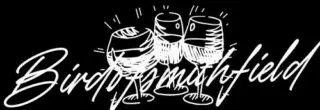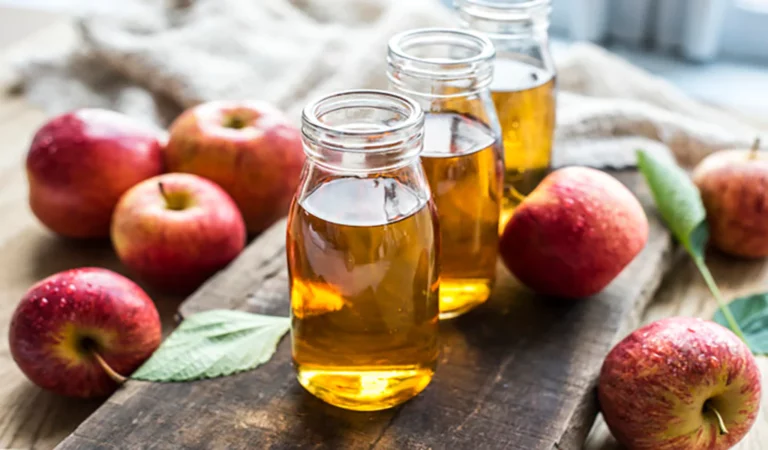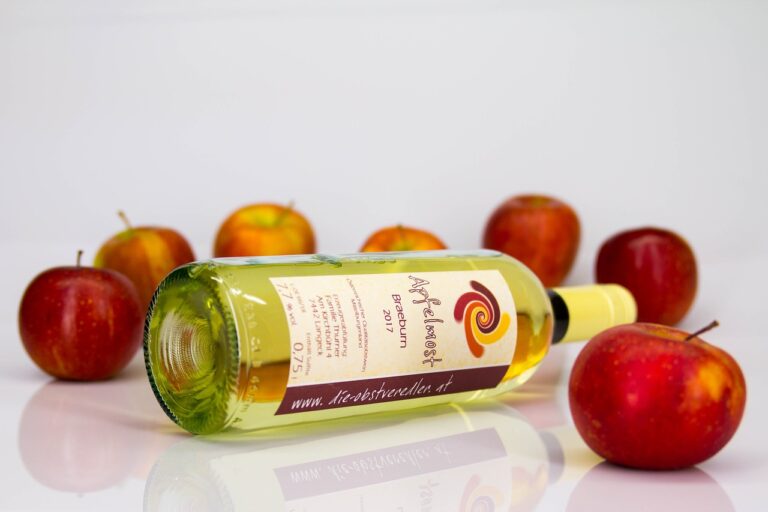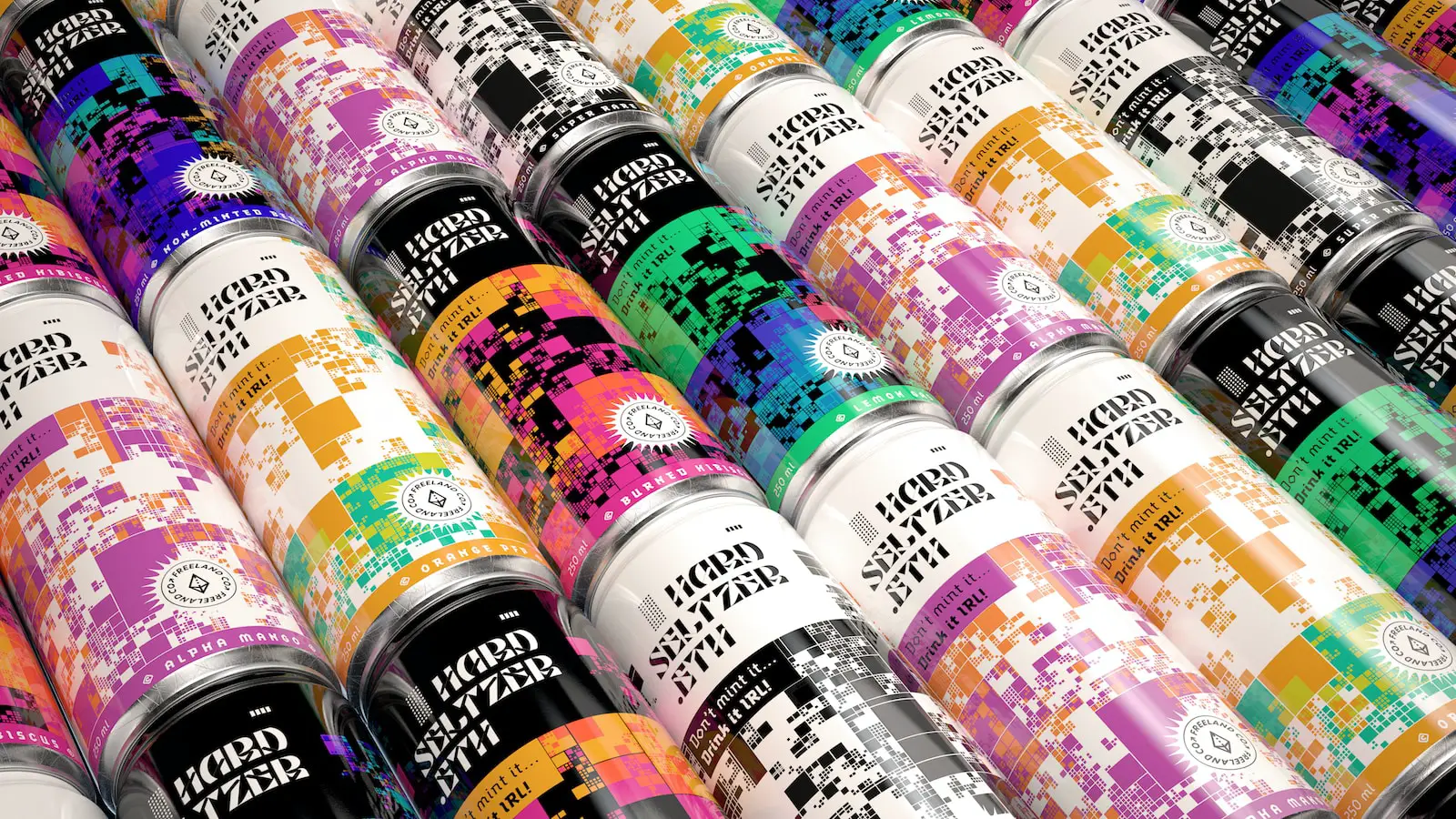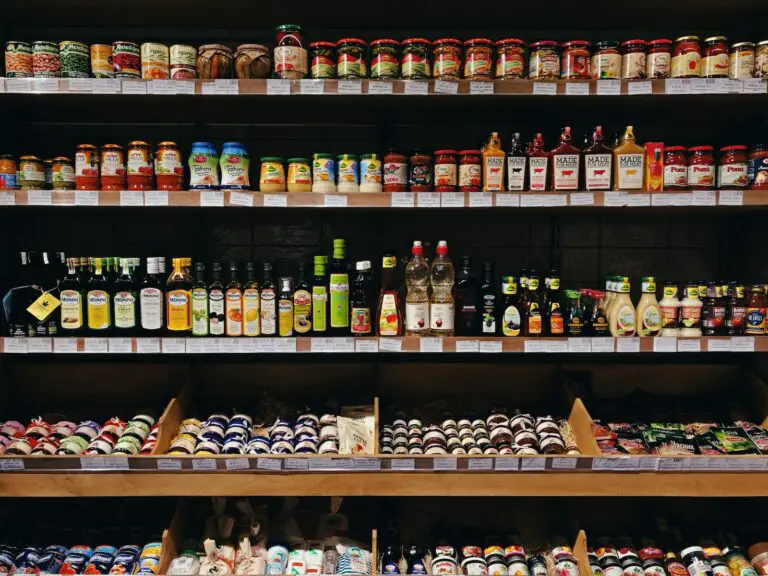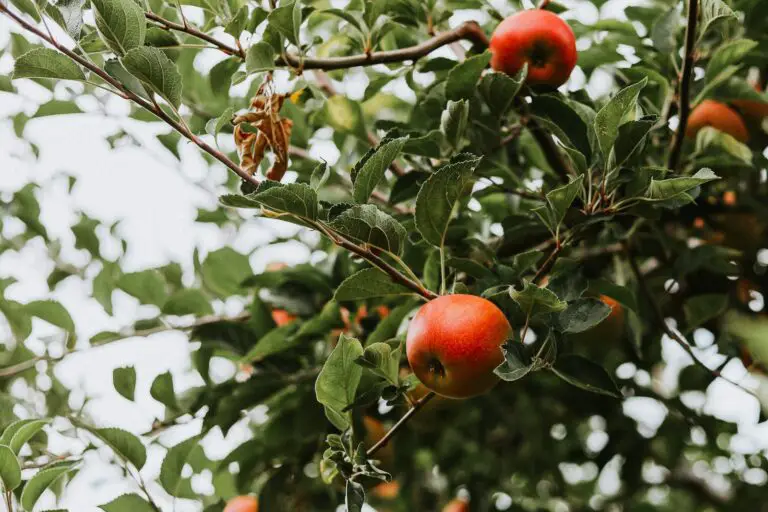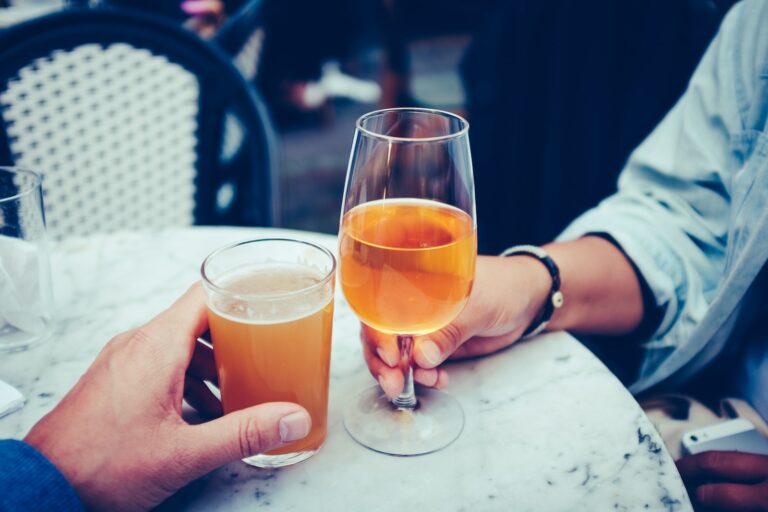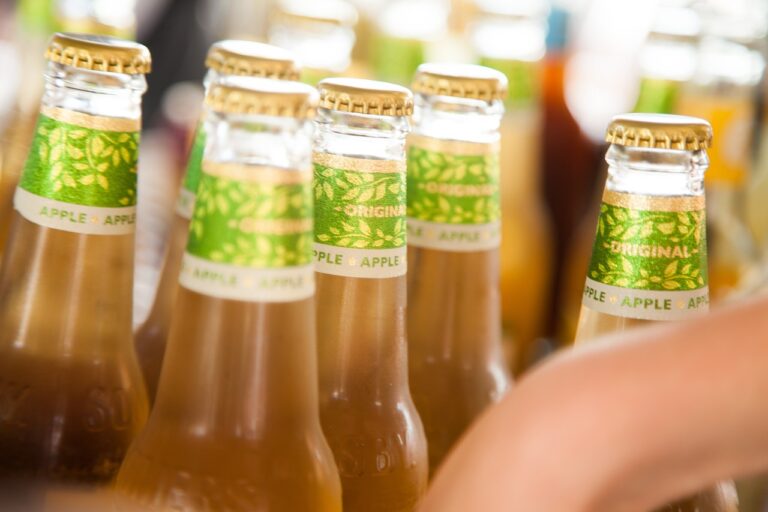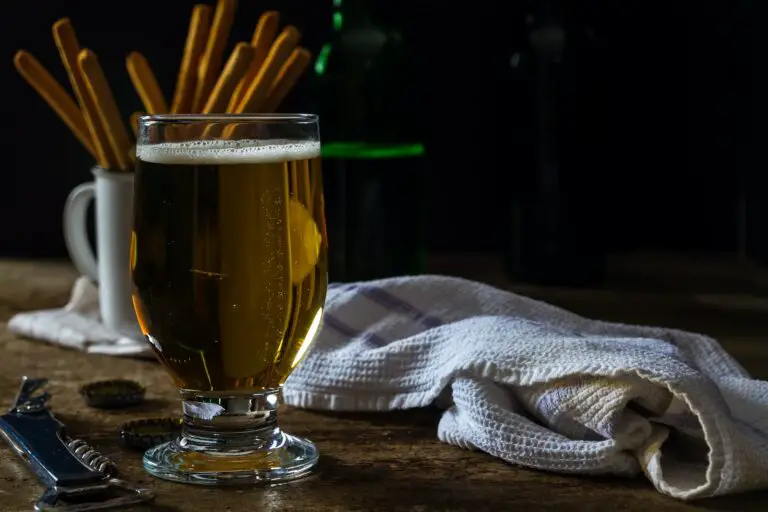Brewing beer is a process by which beer is produced. The earliest archaeological evidence of brewing dates back to the Neolithic Age, around 7000 BC in Mesopotamia.
Many historians believe that learning how to brew was discovered before writing, as there are many references during this period to beer. However, it is possible that the two co-evolved.
Fermentation is the chemical conversion of wort or beer by yeast. During fermentation, yeast produces alcohol (ethanol), heats up, and eats most of the sugars in the beer, leaving behind its waste called by-products.
A small amount of these by-products is carbon dioxide (CO2), ethyl acetate, diacetyl, and other chemicals which contribute to flavor and aroma. Today we will discuss how long the fermentation process takes and when you know that it’s completed.
Why Is Fermentation So Important for Your Beer?
Fermentation is the most important stage in brewing beer. The brewer’s goal is to create an environment conducive to yeast activity and to maintain it for a specific amount of time so that the desired organisms dominate.
Fermentation plays an important role in what flavor and aroma will be present in your beer.
Without fermentation, your beer would never become alcoholic, and without it happening correctly, you may end up with a bad-tasting or smelling final product.
The reality is that fermentation converts simple sugars into ethanol and carbon dioxide, which is why it’s an important step in the brewing process.
But more than that, fermentation also weaves together the inherited flavor of a beer’s malt and hops while producing acidity levels that give beer its sparkle.
When Is the Right Time to Stop Fermenting the Beer Wort?
You know you’re ready to stop your beer fermenting when the bubbling slows down, and you see small amounts of carbon dioxide rising from the airlock.
If you don’t see anything for a few days and you suspect fermentation is done, open your airlock (or pop the cap) and take a quick taste.
If it seems too sweet or unbalanced or just doesn’t taste quite right, then add more dry hops, fruit, or any other flavorings to balance the flavors in your beer. So it’s crucial to have a small glass window to check the wort all the time.
Brewers always know when it’s the right time to stop the fermentation process.
If you fail to do so, your beer will start overproducing alcohol, and that’s something that will deteriorate the beer’s taste and quality.
How Do You Tell If Your Beer is Still Fermenting?
If you’re brewing beer at home, it’s important to. There are four visual cues that tell if fermentation is still happening:
- a) If you have a foamy krausen layer on top of the beer
- b) If you see bubbles rising to the surface, either intermittently or continuously,
- c) If your airlock is bubbling
- d) If there’s a healthy layer of sediment at the bottom of your primary fermenter
These are the most powerful signs that the beer wort is still fermenting in the barrel.
There are many things to do to stop the fermentation process right away, but you need to ask your chemist, who knows more about this issue.
Homebrewers usually overdo it with fermentation, and they end up producing beer content that tastes and smells like wine.
Too much alcoholic concentration in the beer wort will make it hard to drink, and that’s something you need to avoid.
How Long Does It Take for a Complete Beer Fermentation Process?
Beer fermentation is the process in which yeast turns sugar into alcohol, creating beer. The process is important because it allows the beer to be carbonated and develop its distinct flavors.
It can take anywhere from two weeks to three months for fermentation to be complete, depending on whether you want a higher or lower alcohol content in your brew. Luckily, there are many ways of speeding up the process!
However, the time it takes for a complete beer fermentation process depends on several variables.
Some of them are the type of yeast, the quantity of yeast and fermentable, temperature/ambient conditions, pitching rate, and type of fermenter used.
The best way to determine how long it will take you to complete any batch of homebrew is just by doing a little research.
Asking around and comparing notes with other hobbyists or professional brewers is a good start, but the best way to really find out is to brew and ferment your own batches using different methods and styles.
What Is the Optimal Time to Start Bottling After Fermentation?
There is a lot of discussion on which time to start bottling, so our goal has been to provide you with an easy-to-understand guide without giving you all the technical data.
The time to start bottling depends on the style and strength of the beer and will vary depending on factors such as temperature and aeration.
These are not just factors for starting bottling but also for carbonation control once bottled. The optimal time to start bottling is at the end of fermentation.
The wort will be sitting on a yeast cake, and there will be enough sugar in the beer to fall below a specific gravity without going below it too much.
If you wait too long, the alcohol content will be too high for your bottles to contain.
Final Words
Fermentation is one of the fundamental processes for creating beer from wort. It will give the wort a chance to develop alcohol from simple sugars present in the malt and barley used to create the beer mix.
Monitoring the whole fermentation process closely is the most important thing to do so you can safeguard the quality of your beer. In other words, you need to have a close look at the barrel, ideally without opening the lid.
That is the only way to ensure that the beer will have the right taste, bubbles, and foam to enjoy all the time!
